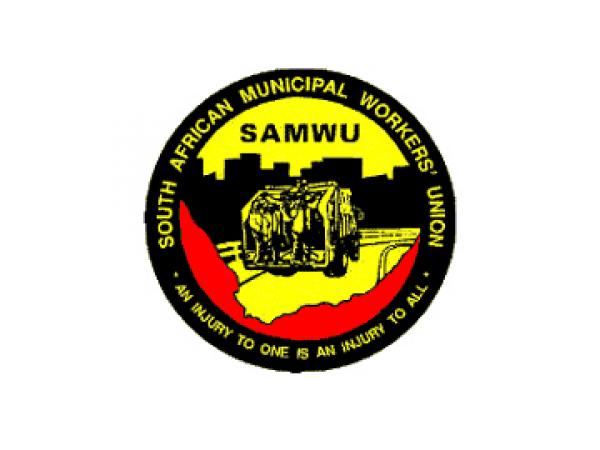Unions get back to democratic basics

Misunderstanding and confusion about the platinum sector pay issue persists. And much of the media is to blame for repeating, without analysis, the public relations spin of the mining companies.
This distorted version of the facts states that the mining companies agreed to meet the R12 500 a month entry level wage demand, phased in over three years and that the union rejected this. The implication being that the union wants the money without delay.
However, it was worker mandated union negotiators who first proposed the phasing in over three years. This was rejected, as was a proposal of four years to reach R12 500.
As I have mentioned before, the main sticking point is that the mining companies want to include all the usual extras to basic wages, such as holiday pay and housing allowances, in their R12 500 offer. So it is understandable that the union, the Association of Construction and Mining Union (Amcu), representing the striking miners, rejects this.
But the portrayal of the union, often personified by its high profile president, Joseph Mathunjwa, as the power opposing the companies is also a distortion. Because Mathunjwa, the Amcu executive and the union negotiators are beholden to committees elected by the miners and, ultimately to the worker majority.
What occurred on the platinum belt in August 2012 was a rebellion by a majority of miners, members of the National Union of Mineworkers (NUM), against their union leaders who, they felt, no longer served their interests. After mass desertions from NUM following the massacre on August 16, Amcu stepped into the organisational vacuum, offering to respond to the democratic mandates of the miners.
These developments raise the whole question of the role of unions and their relevance in this global, crisis-ridden economic system. On the one hand, unions came into being as voluntary associations of equals and, in principal, remain as such.
In mines and factories and especially in dangerous environments, workers co-operate and rely on one another, making collective decisions because, all too often, their lives depend on it. This is democracy in action and it is such circumstances that gave birth to trade unions.
Workers soon learned that, as the slogan goes, an injury to one is an injury to all; that while we are all different, our basic needs are roughly equal. This concept was summed up by a Marikana miner who noted: “The blood of a manager is no different to that of a rock drill operator.”
But distortions soon crept in to the often idealistic origins of various unions. Possessing considerable collective power they are constant targets for manipulation by governments, politicians, big business and political parties.
These pressures, combined with the actions of ambitious individuals, have seen many unions develop into virtual clones of big business, developing a bureaucratic layer between the workers below and the employers above. Many unions have also contradicted the fundamental principle of equality and solidarity by establishing investment companies that profit, like business anywhere, from the labour of workers.
Although these companies are invariably at arm’s length from the unions themselves, operating as separate entities, they are still linked to the unions. As such, there have been numerous allegations of official fingers in various investment company tills.
But, as the latest row in the SA Municipal Workers’ Union has revealed, there are also allegations of fingers in union tills. And, certainly in the case of the major unions, those tills could provide lucrative pickings since the subscription income alone puts them in a league well beyond that of small businesses.
There are also issues of fiduciary responsibility and accountability. These surfaced again this week as part of another apparent attempt to discredit Cosatu general secretary Zwelinzima Vavi over the sale and purchase of the federation’s headquarters. However, the person directly in the firing line is Collin Matjila, now acting CEO of Eskom and who headed Cosatu’s Kopana ke Matla investment company when the deals were done.
But now there is a new and rebellious mood abroad in the union movement, especially since Marikana. It seems to indicate a desire to return to basics, to the concept of voluntary associations of equals where the leadership is not only elected, but transparent in its dealings and wholly accountable to the membership.
In the present economic climate where employers are under increasing pressure to cut costs, wages and conditions, collective protection — unions — for the sellers of labour seem vital. But trade unions, because of their fundamentally democratic nature, can also provide a bulwark against threats to our democracy.
Support independent journalism
Donate using Payfast

Next: An interesting life: a chat with World War II veteran Simmy Lewis
Previous: Maahier Davids - Ajax U19 coach

This article is licensed under a Creative Commons Attribution-NoDerivatives 4.0 International License.
